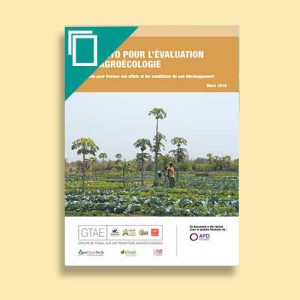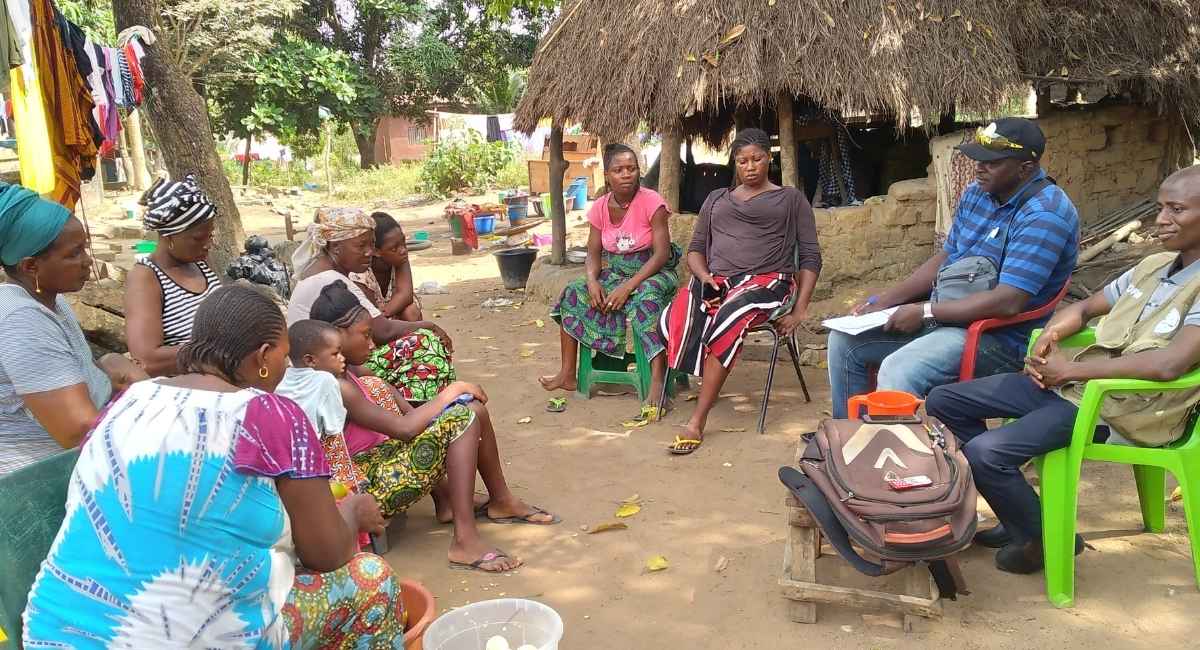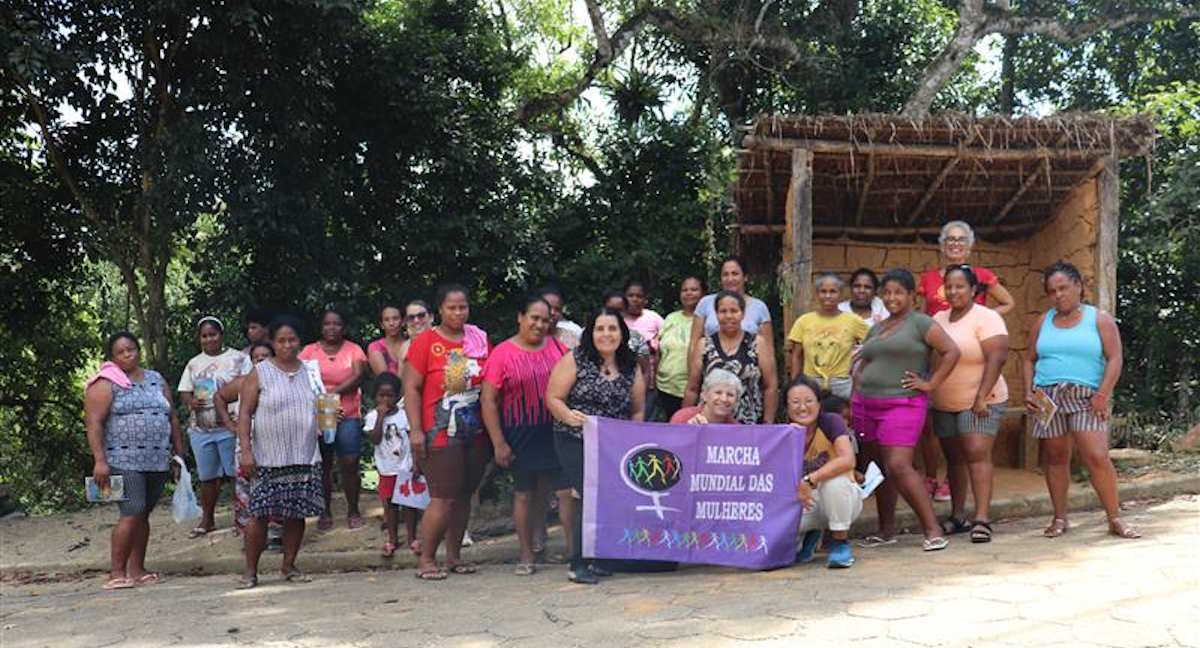The Mémento pour l’évaluation de l’agroécologie (Handbook for the evaluation of agroecology) is a methodological tool to evaluate both the conditions necessary for the development of agroecology and the agro-environmental and socio-economic effects of agroecological practices and systems.
The Mémento pour l’évaluation de l’agroécologie is the result of collaboration between the teams of Groupe de travail sur les transitions agroécologiques-GTAE (Work group on agroecological transitions), which is made up of four NGOs – Agrisud, AVSF, Cari and GRET, the Comparative Agriculture and agricultural development department at AgroParisTech, the Agroecology and Sustainable Intensification of Annual crops (AÏDA) research unit at Cirad and the Functional ecology and soil and agrosystems biogeochemistry (Eco&Sols) department at IRD. The handbook was produced with financial support from Agence française de développement (AFD).
Easy to use
Intended mainly for development stakeholders, this publication was designed as an easy-to-use tool, with a reliable common methodology enabling the systematic production of references to promote and support the development of agroecology.
The Handbook proposes methodological benchmarks to evaluate agroecology, whether for a once-off evaluation (during, at the end of or apart from an intervention) or as part of the implementation of a system for monitoring-evaluation of an intervention.
The objective is to help development stakeholders to evaluate the results and effects of their agroecology interventions, by proposing various evaluation criteria combined with indicators and methods presented in the form of factsheets.
An initial stage
In addition, the creation of references on the economic, social and environmental performance of agroecology will make it possible to inform arguments in favour of agroecology among donors and deciders, while the identification of conditions for developing agroecology can be considered when designing interventions and public policies in favour of agroecology.
This handbook is a first methodological document. It will be improved and adjusted based on lessons drawn from the implementation of the tools and methods proposed, as part of future evaluation work conducted by GTAE and its partners. This work on validation and improvement should lead to the publication of a guide for evaluation of agroecology within the next three years.






